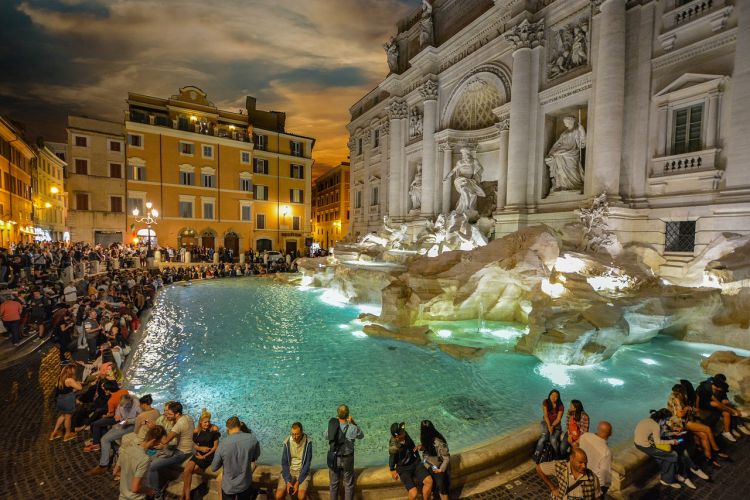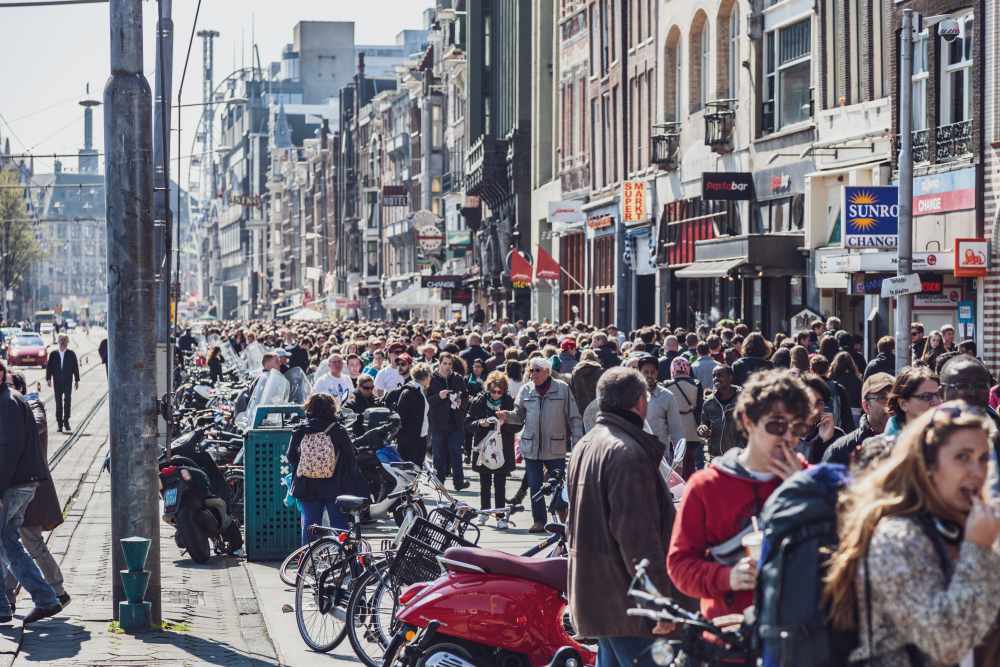With the recent ban on sitting on the famous Spanish Steps in Rome (it’ll cost you a €250 fine) it looks like travellers today need to pay more attention and keep track of the new rules and bylaws. Most are introduced to curb over-tourism – to prevent tourists from damaging the environment or historical sites, or impacting lives of the locals. Here’s what you can’t do in these places:

Rome
Besides the ban on sitting on the Spanish Steps, wheeled suitcase and prams are also not allowed to be dragged up and down the historic steps. Anyone with an open alcoholic drink container found drinking on the street after 10pm will be slapped with a fine. Messy eating or drinking around historic monuments is forbidden, and so is swimming or wading in its famous fountains.
Men are not allowed to walk around bare-chested and tourists caught attaching “love padlocks” (a popular tourist tradition) will be fined. Thirsty tourists are forbidden to let their mouth touch the metal spout of its public drinking fountains. No playing instruments, singing or busking on public transports. Some offences may just attract a slap on the wrist, while others will incur a fine or ban from returning to the area.

Venice
Two German tourists got into hot soup for breaking the law of picnicking in a public place when were caught making coffee on Venice’s Rialto Bridge. They were not only slapped with a fine of €950 but also expelled from the city. The laws on public decorum in Venice can carry a fine between €25 to €500, and includes no diving into canals, swimming in fountains, walking around bare-chested or in swimwear, leaning against storefronts, lying down on public benches, feeding pigeons, buying from street traders, standing still on bridges, drinking on the street after 8pm, attaching padlocks to bridges and riding or walking a bicycle through the city centre.

Netherlands
The Dutch have had enough of tourists, going as far as stopping to promote its country as a tourist destination and turning their attention to destination management. With tourists outnumbering its population, Netherlands has introduced new restrictions such as on Airbnb rentals (30 nights a year per accommodation), ban on new shops aimed at tourists and a cap on tour group sizes (maximum of 20 people). Fines will be imposed for bad behaviour such as drunk and disorderly conduct and public urination, which will net you a €140 fine. In January 2020, tours of its famous red light district will also be banned.

Peru
The country’s famous historic site, Machu Picchu introduced stricter rules in 2019, making it mandatory for visitors to be accompanied by a tour guide, to follow a set route as well as the designated time for entry. Though there are three shifts of visiting hours, a maximum of only 500 people are allowed daily to the citadel on top of the Andean mountain. Besides regulations to aid in the conservation of Machu Picchu, rules are in place to minimise public nuisance and to maintain order. So no tripods or selfie sticks that will hold up the lines or drones. Visitors are also not allowed to bring in food and beverages (save for a single bottle of water), alcohol, large backpacks or to smoke. Failure to comply to prohibitions can result in expulsion of the visitor, legal action or even a lifetime ban.




